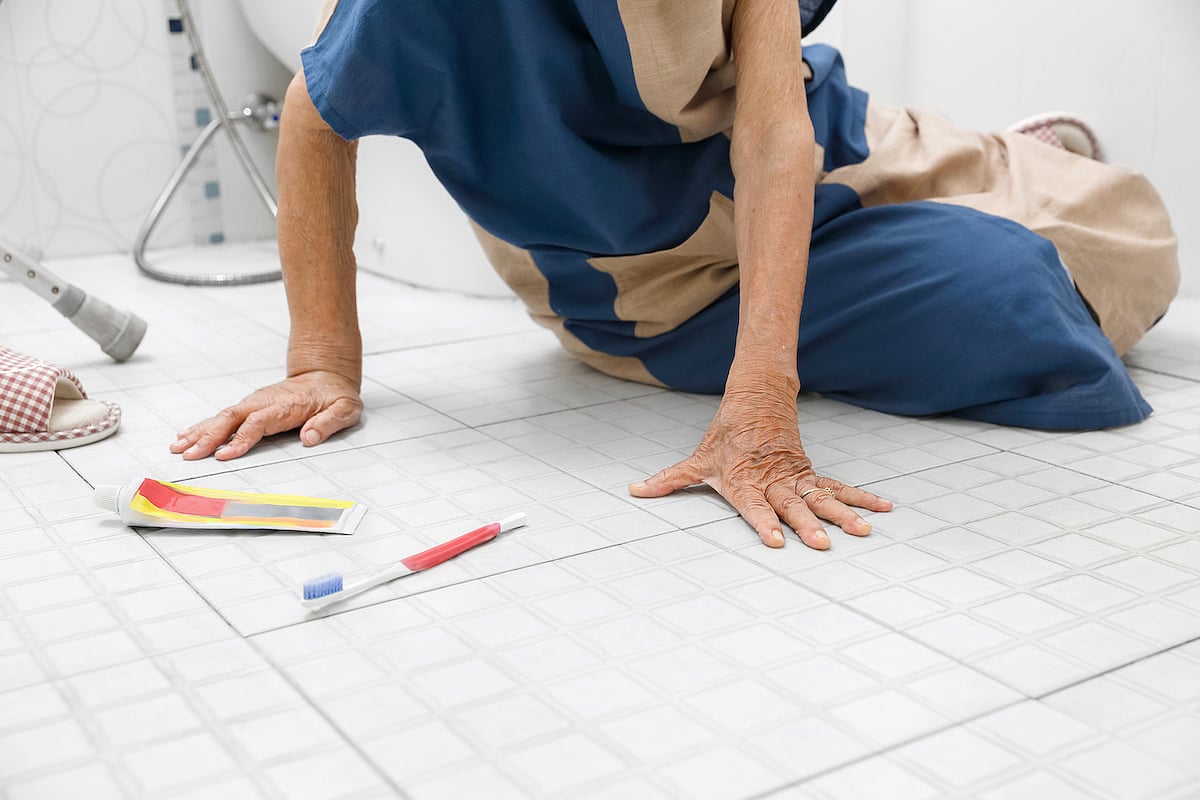Get Healthy!

- Posted August 12, 2024
Even Moderate Drinking Ups Risk for Brain Bleeds After a Fall
Drinking can increase a senior’s risk of a brain bleed following a fall, even if they only occasionally imbibe, a new study finds.
In fact, the risk of a brain bleed increases with a senior’s level of drinking, researchers found.
Occasional or weekly drinking doubled a person’s risk of a brain bleed following a fall, while daily drinking made it 2.5 times more likely that falling would cause a bleed, results show.
“One of the unexpected findings in our study was the strong dose‒response relationship between reported alcohol use and intracranial hemorrhage,” said senior researcher Dr. Richard Shih, a professor of emergency medicine with the Florida Atlantic University College of Medicine.
Nationally, falls are the leading cause of both fatal and non-fatal injuries in seniors, researchers said in background notes. In 2021, falls led to the deaths of 36,500 older adults in the United States.
For the study, researchers analyzed data for more than 3,100 seniors ages 65 and older who were treated at two Palm Beach County trauma centers for a head injury sustained during a fall.
About 18% of the patients said they drink alcohol, with 6% indicating daily consumption, results show.
Nearly 14% of all the Palm Beach fall victims were diagnosed with a brain bleed, formally known as an intracranial hemorrhage, researchers found.
Brain bleeds occurred in nearly 20% of those who reported occasional drinking, 22% of those who drank weekly and 25% of daily drinkers, compared to only 12% of those who never touch alcohol, researchers found.
“Drinking alcohol can make you more likely to fall because it affects your balance, concentration and awareness,” Shih said in a university news release.
“It’s also worth noting that as individuals age, the effects of alcohol are increased,” Shih added. “This is because older adults often have a higher percentage of body fat to body water ratio, thus increasing the concentration of alcohol in the bloodstream. Furthermore, alcohol metabolism decreases with age, exacerbating this effect, because older adults don’t process alcohol as efficiently as they used to.”
The study shows that alcohol use should be considered an important risk factor for falls, researchers concluded.
The new study was published recently in the Journal of the American College of American Physicians Open.
Current fall prevention guidelines circulated by the U.S. Centers for Disease Control and Prevention and the American Geriatrics Society don’t address the fall risk posed by drinking, Shih noted.
“Our findings suggest that alcohol use assessment and mitigation strategies may be useful additions to fall prevention strategies,” Shih said.
More information
The U.S. Centers for Disease Control and Prevention has more about preventing falls for older adults.
SOURCE: Florida Atlantic University, news release, Aug. 8, 2024







